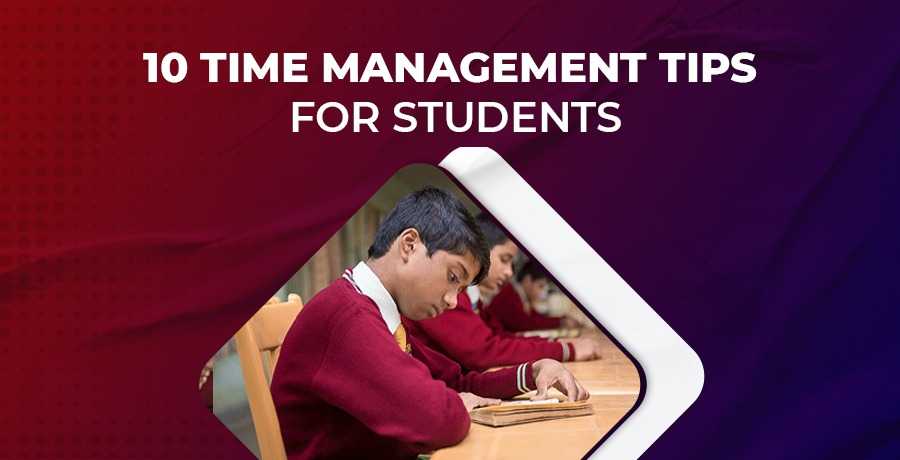Time management is a crucial skill for boarding school students, ensuring they meet academic demands while maintaining a healthy balance. Here are five practical tips to enhance time management skills:
1. Establish a routine:
Create a consistent daily routine that includes dedicated time for studying, classes, and leisure. A well-structured routine helps establish a sense of normalcy and enables efficient planning.
2. Utilise time-blocking techniques:
Implement time blocking by breaking the day into segments and assigning specific tasks to each block. Allocate dedicated time blocks for studying, extracurricular activities, and relaxation, ensuring a balanced approach.
3. Set realistic goals:
Define achievable short-term and long-term goals. Breaking down larger tasks into smaller, manageable steps provides a structured approach and a sense of accomplishment with each completed goal.
4. Prioritise Tasks:
Use the Eisenhower matrix to categorise work according to its urgency and importance. By identifying high-priority tasks, students can focus on what truly matters, leading to increased productivity.
5. Eliminate Distractions:
Create a separate study space devoid of distractions like social media and excessive noise. Inform friends and family about your designated study hours to minimise interruptions and maintain focus.
6. Stay Flexible:
While planning is essential, flexibility is equally important. Life is unpredictable, and unexpected events may occur. Students should remain adaptable and ready to adjust their schedules as needed.
7. Reflect and adjust:
Regularly evaluate time-management strategies. Reflect on what works well and what requires improvement. Adjustments should be made based on evolving needs and circumstances, fostering continuous improvement.
8. Embrace technology wisely:
Leveraging technology can be a double-edged sword. While it offers numerous productivity tools, it also presents distractions. Students should use apps and tools that enhance their efficiency and minimise digital distractions. Calendar apps, task management tools, and focus apps can significantly contribute to effective time utilisation.
9. Learn to Say No:
While involvement in extracurricular activities is encouraged, students must learn to say no when their plate is full. Overcommitting can lead to burnout and hinder academic performance. Prioritising commitments and being selective about involvement allow students to maintain a healthy balance.
10. Allocate time for self-care:
Taking care of one's well-being is often overlooked in the pursuit of academic excellence. Allocating time for adequate sleep, exercise, and relaxation is crucial. A healthy mind and body contribute to improved focus, productivity, and overall happiness.
Conclusion
In conclusion, mastering time management is a journey that requires commitment and consistent effort. By incorporating these practical tips into their daily lives, students can create a structured approach to managing their time efficiently. Balancing academic responsibilities with personal pursuits is achievable when armed with effective strategies. Effective time management is a skill that significantly contributes to academic success and overall well-being. By implementing these time management tips, students can navigate their schedules more efficiently, enhance productivity, and create a healthy balance between academic and personal life.
Comments (0)






